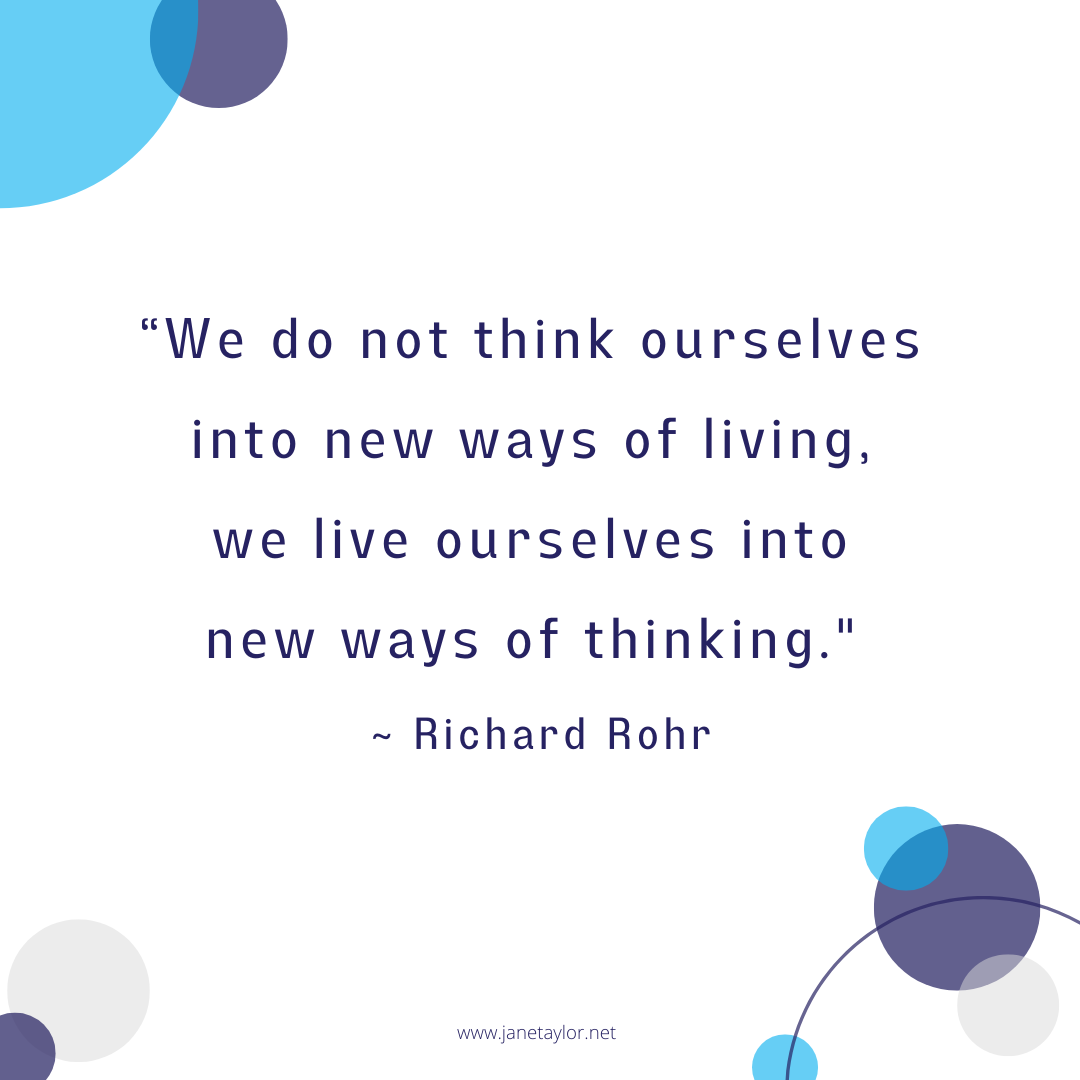What is Embodiment?

As the years have gone on, I have become more and more fascinated with the human body and how it works. Subsequently today, I wanted to share about embodiment.
Definitions of Embodiment
There are many definitions of embodiment, including –
- “refers to the mind and body connection” ~ Julian Kiverstein,
- “to be embodied means to live through our sense door. It means to engage oneself in the world through the experiences we feel in our body, through our body, and perceived through our body.” ~ Ann Saffi Biasetti,
- “To be a consciousness or rather to be an experience is to hold inner communication with the world, the body and other people, to be with them instead of being beside them.” ~ French philosopher Merleau-Ponty,
- “The act of expanding one’s self awareness to include the felt experience of the body, such as sensory, sensational, emotional and physical experiences, and incorporating that information into one’s overall conception and conduct of themselves, their identity, beliefs, behaviors, and ways of being.” ~ Kardin Rabin,
- “refers to the biological and physical presence of our bodies, which are a necessary precondition for subjectivity, emotion, language, thought and social interaction.” ~ Hargreaves, MacDonald & Miell (2012), and
- “Embodiment is the practice of attending to your sensations. Awareness of your body serves as a guiding compass to help you feel more in charge of the course of your life. Embodiment in somatic psychology applies mindfulness and movement practices to awaken body awareness as a tool for healing.” ~ Dr Ariel Schwartz
What Does Embodiment Mean to You?
After reading the above definitions, what does embodiment mean to you? Maybe it is –
- Experiencing a felt sense of your body?
- Relating to the body as a subject, rather than an object?,
- Move beyond the duality of both ‘you are not your body’ and ‘you are not your mind’ to find harmony and whole-hearted connection?
Feel free to share your definition below in the comments.
How Can Embodiment Cultivated?
There are many ways embodiment can be cultivated. Dr Arielle Schwartz writes –
“Embodiment is cultivated through reflective awareness of sensations in the present moment. Embodiment is an integration of three sensory feedback systems – exteroception, proprioception, and interoception.”
In the future, I may write more about this, however it is important to find what works for you as we are each unique.
Over to You…
I hope this post has helped you with comprehending what embodiment is. Remember those these are just words. Before embodiment, we can know about our body, however when we do are embodied, we can feel our bodies (i.e. have a felt sense of it). If you have any questions, please write them below.
If you are ready to reclaim your courage and take the next step towards your freedom and opening your heart, why not join our Toolkit?
References –
Hargreaves, D., MacDonald, R., & Miell, D. (2012). Musical Identities Mediate Musical Development. The Oxford Handbook of Music Education. 1. 125.
Kiverstein, J. (2012), The Meaning of Embodiment. Topics in Cognitive Science, 4: 740-758. https://doi.org/10.1111/j.1756-8765.2012.01219.x
Schwartz, A. (2017). Embodiment in Somatic Psychology. [WWW]. Available from: https://drarielleschwartz.com/embodiment-in-somatic-psychology-dr-arielle-schwartz/ [accessed 28 January 2020]
